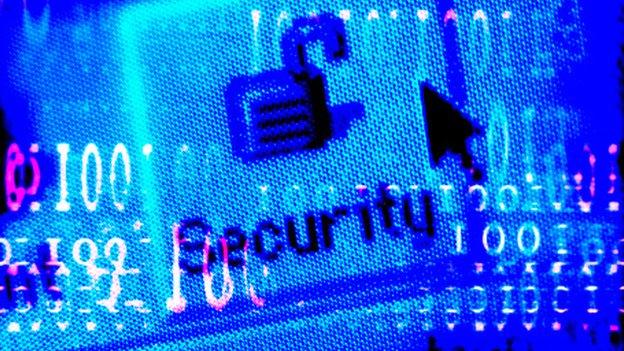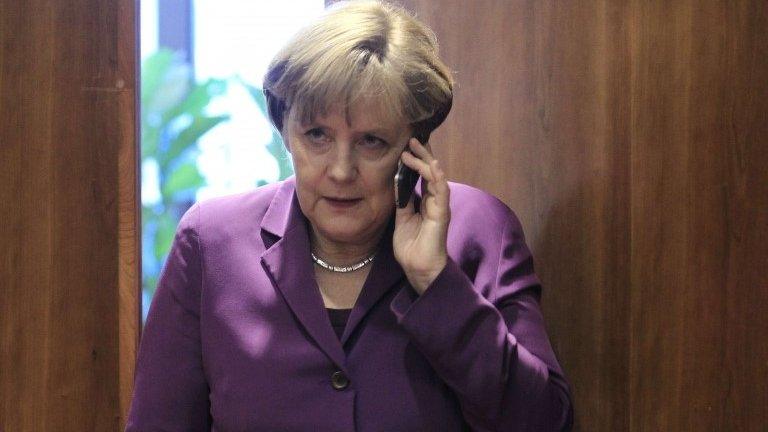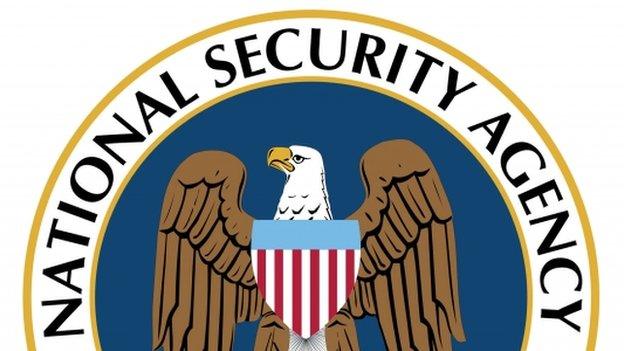Vodafone reveals direct government wiretaps
- Published

Government surveillance has been under scrutiny since revelations by US whistleblower Edward Snowden.
Vodafone has said that a small number of governments have direct access to communications flowing over its networks.
Most countries Vodafone operates in need a warrant to intercept communications, the firm said.
However, in some countries police have a direct link to customer's phone calls and web communications.
Surveillance by governments has been in the public eye since revelations by US whistleblower Edward Snowden.
Vodafone said it values customer privacy, but it must comply with laws "designed to protect national security and public safety".
In most of the 29 countries where Vodafone has major operations, including the UK, law enforcement and intelligence agencies must have a warrant to listen to phone calls or look at text messages, emails or web chats.
The firm said it could not specify the countries that have a direct line into its networks, because those countries have laws prohibiting disclosure of surveillance methods.
In six out of the 29 countries, governments have a permanent link to monitor communications, the BBC understands.
In its first-ever transparency report, external, Vodafone said that in a small number of countries, it "will not receive any form of demand for lawful interception access, as the relevant agencies and authorities already have permanent access to customer communications via their own direct link".
Human rights campaign organisation Liberty called the government powers "terrifying".
Shami Chakrabarti, Director of Liberty, said: "For governments to access phone calls at the flick of a switch is unprecedented and terrifying.
"The defeated Snoopers' Charter tried to take us down this path, but Snowden revealed the internet was already treated as fair game. Bluster that all is well is wearing pretty thin - our analogue laws need a digital overhaul."

Analysis - Gordon Corera, security correspondent, BBC News
Vodafone's report is a sign that telecoms companies are joining internet and other tech companies in providing for more transparency in their role sitting between customers and government.
The report is not directly linked to the revelations from Edward Snowden since people have always known that communications companies can be required to intercept communications or hand over data under the law of whatever country they operate in.
But neither governments nor communications companies used to like talking about it.
The Snowden revelations have forced the wider issue of government surveillance into the open and accelerated the transparency drive.
We knew the details of what some countries do already from existing reports like that of the Interception of Communications Commissioner in the UK.
But one of the challenges is that different countries have different laws, different ways of counting requests and also have a different willingness to be open about what they demand of telecoms companies. This makes comparison between countries difficult despite Vodafone's attempt to put more information into the public domain.

- Published4 June 2014

- Published2 June 2014

- Published17 January 2014
